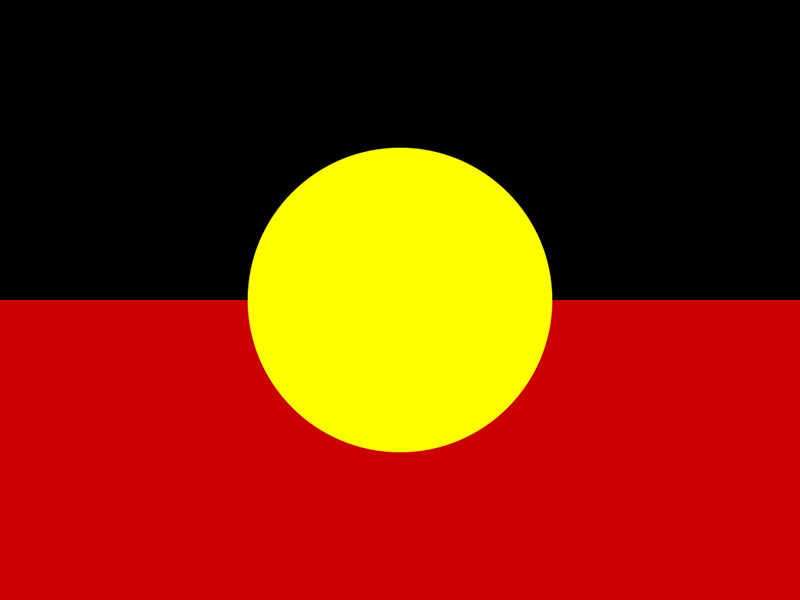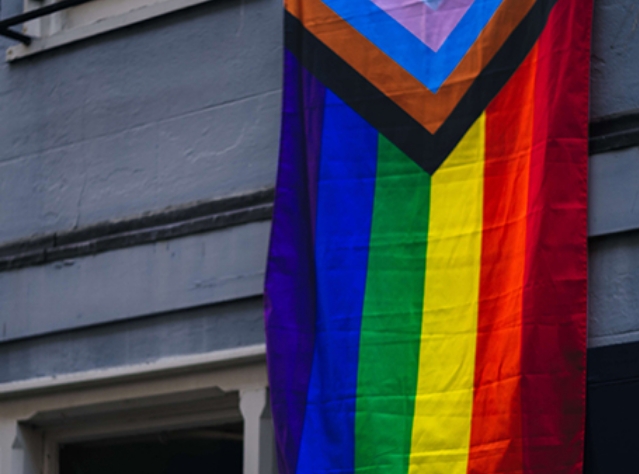





We provide a broad range of support services for LGBTIQA+ young people around WA, including drop-in sessions, community development, counselling and much more.
We believe all LGBTIQA+ young people deserve for feel included, connected and respected. Our work throughout Western Australia is all about that, with us providing direct support and information to young people, as well as training and guidance to parents, professionals, communities and organisations.
